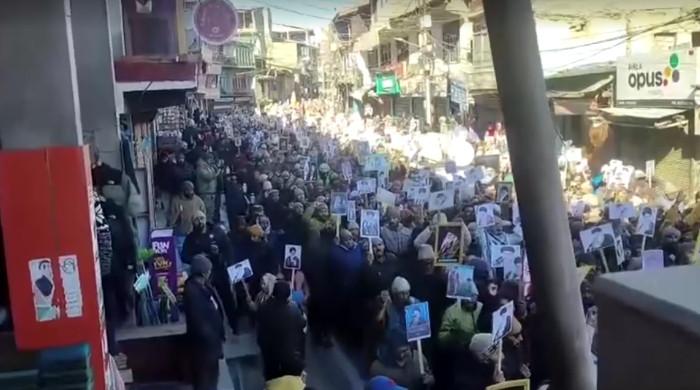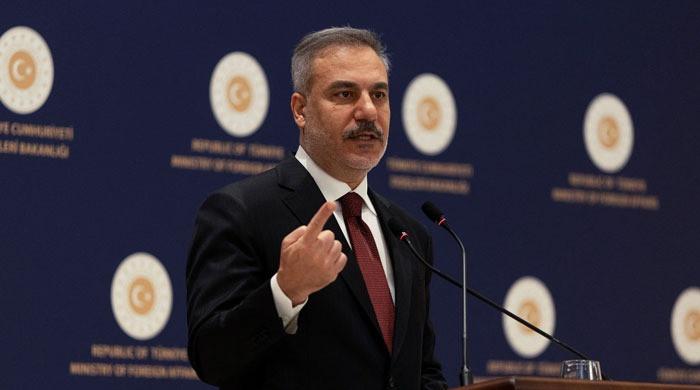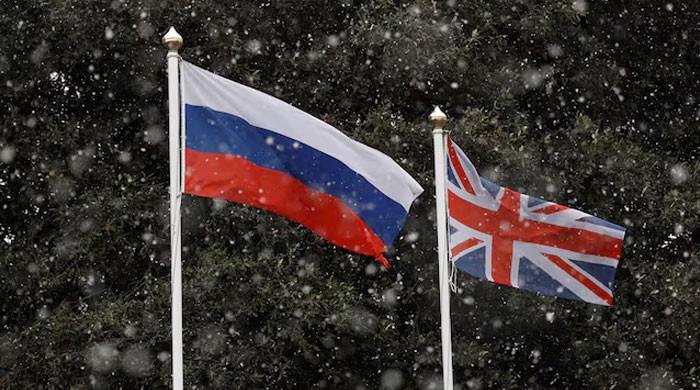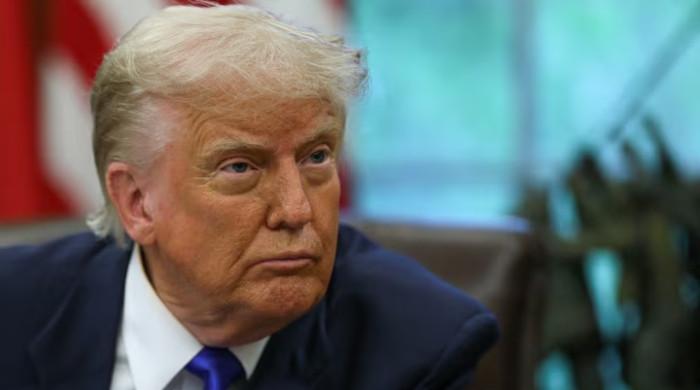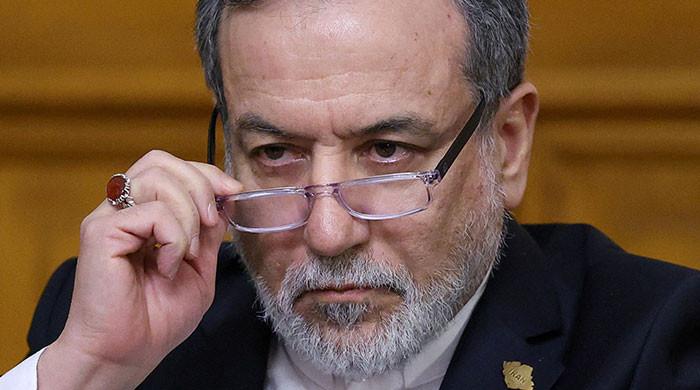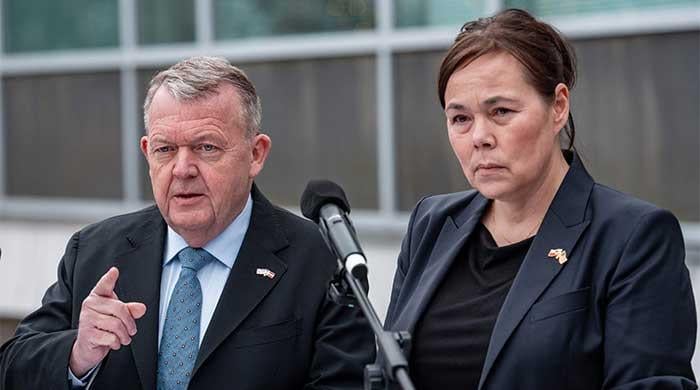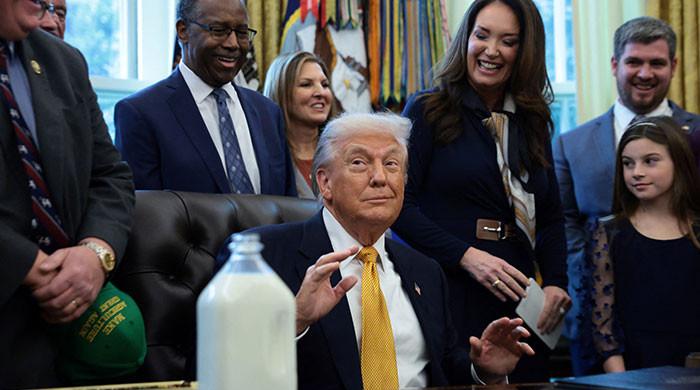Indian SC to hear pleas against removal of IIOJK's special status on daily basis
India's apex court takes up pleas questioning constitutional validity of government's revocation of Article 370
July 11, 2023
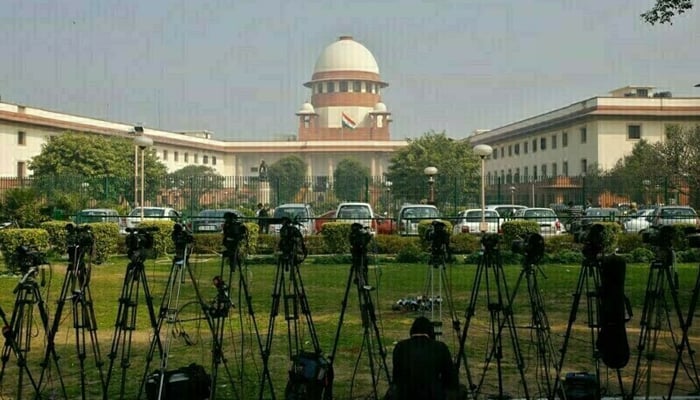
- Court fixes July 27 as deadline to file written submissions.
- Removal of Article 370 gives Indians right to acquire land IIOJK.
- Bench appoints lawyers from petitioners' and govt's side.
The Supreme Court of India has decided to hold hearings on a set of petitions against the abrogation of Article 370, which provides Indian Illegally Occupied Kashmir (IIOJK) a special status, on a daily basis from August 2, local media reported on Tuesday.
On August 5, 2019, the Bharatiya Janata Party-led Indian government rushed through a presidential decree to abolish Article 370 of the Constitution.
The move gave Indian citizens the right to acquire land in the occupied territory and settle there permanently. Moreover, it also abolished the restriction on the Indian parliament to impose laws in the state, apart from matters of defence, foreign affairs, and communications.
Termed an attempt to illegally change demographics in Muslim majority region, the move drew uproar from the Kashmiris and international rights organisations, and critics.
A number of petitions had been filed by private individuals, lawyers, activists, and political parties, questioning the constitutional validity of the Indian government's move.
A five-judge bench took up the plea and fixed July 27 as the deadline for filing written submissions and convenience compilations by different parties.
“Hearing to commence on August 2 at 10:30am and then proceed on a day-to-day basis,” the report quoted the Indian apex court as saying.
The court will conduct 'day-to-day' hearing on the petitions except for Mondays and Fridays, which are designated for proceedings on miscellaneous matters in the apex court.
It said that its order that the Indian government had assured that the affidavit submitted on Monday had “no bearing on the constitutional issues raised in petitions”, a report by The Indian Express stated.
The five-judge bench also appointed two lawyers, one from the petitioners' and one from the government's side, to pursue the case.




